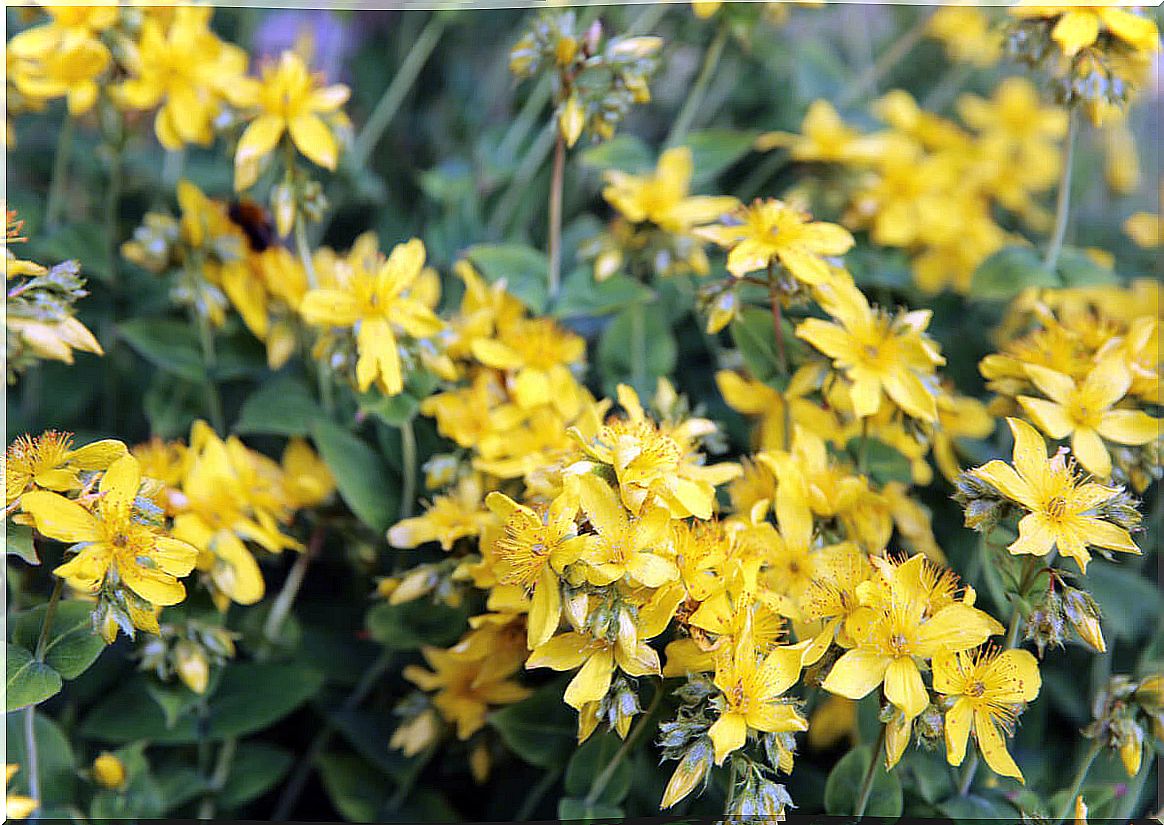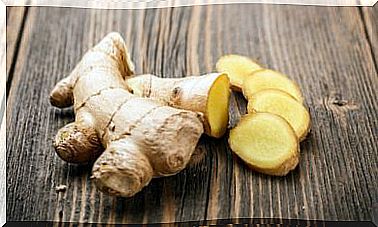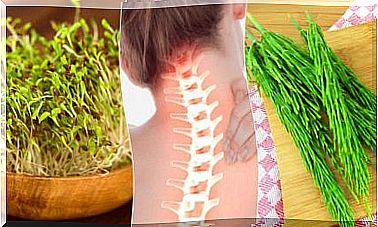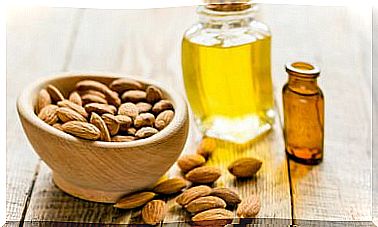Agrimony: A Medicinal Plant That You Should Know
Agrimony is a plant with interesting medicinal applications. In particular, it helps to relieve pain, slow digestion and hyperglycemic problems, among others. Do you want to know more about it?

Agrimony (Agrimonia eupatoria L.) it is a medicinal plant used since antiquity to treat complement symptoms of some diseases. Although it is not considered a first-line treatment for improving health, there are studies that support many of the properties attributed to it.
For example, recent research in Evidence-Based Complementary and Alternative Medicine determined that the plant has analgesic, anti-inflammatory, and antioxidant activity. Due to this, both its infusion and its extracts contribute to reducing the risk of diseases. What is it for? What are its science-backed benefits?
What is agrimony?
Agrimony , with the scientific name Agrimonia eupatoria , is also known in popular language as “St. William’s herb.” It is a perennial plant that is part of the Rosaceae family, to which popular fruits such as apples, pears and peaches also belong.
It is characterized by having a pleasant aroma and showy yellow flowers that are usually grown for ornamental purposes. In addition, it can reach up to 1.5 meters in height, is hairy and its leaves are made up of three to six pairs.
Agrimony properties
Due to its important content in pharmacological compounds, agrimony has been valued as a supplement for some health problems. In particular, as an article published in the magazine Drugs explains , the aerial parts of the plant concentrate between 4% and 10% of condensed tannins, small amounts of ellagitannins and traces of gallotannins.
It also has 20% polysaccharides, in addition to silicic acid, traces of essential oil and flavonoids such as luteolin and apigenin 7-O-beta-D-glucosides. Among other things, it provides vitamin B1, vitamin C, vitamin K and organic acids that give it important properties.
According to a publication in the journal BioFactors , the plant and its derivatives have anti-inflammatory, antioxidant and purifying activity. It has also been determined to be antidiabetic, analgesic, astringent, antidiarrheal, neuroprotective, and antimicrobial.

Agrimony benefits
In natural medicine, agrimony has been used to help relieve some diseases. However, to date there is insufficient evidence to support its use as a first-line treatment. In any case, there is research that speaks of its potential when it comes to improving the symptoms of some conditions. What is it for?
Helps to take care of liver health
Due to its high tannin content, agrimony is associated with positive effects on liver health. A study published in the Journal of Medicinal Food determined that, due to its antioxidants and its ability to lower lipids, it serves as a protector against liver damage. Furthermore, no adverse effects were observed and it was well tolerated.
Supports blood glucose control
Animal studies show that agrimony has the potential to control high blood glucose levels. In this way, it can promote the health of people with diabetes or hyperglycemia.
Research reported in the British Journal of Nutrition found that plant compounds help the cellular metabolism of glucose and the secretion of insulin. Hence its antidiabetic effect.
Helps to ease the pain
The components of this plant have also exhibited analgesic effects. Because of this, the infusion is used to soothe various ailments, such as joint and muscular. Likewise, its anti-inflammatory potential contributes to the treatment of sore throat and headaches.
Contributes to caring for cardiovascular health
The phenolic compounds contained in the plant are related to a decreased risk of cardiovascular diseases. Its antioxidant action not only reduces the negative impact of free radicals in the body, but also helps to reduce high cholesterol levels. It also helps improve circulation.
Other benefits of agrimony
- Popular literature states that topical application of agrimony is ideal against skin rashes, acne, and psoriasis. However, the evidence is still insufficient.
- Due to its content of silicic acid, it contributes to the strengthening of hair and nails.
- It can be an adjunct against the symptoms of respiratory diseases.
- Its astringent effects help maintain good bladder health.
- Bioactive compounds also serve as a supplement against digestive disorders. Specifically, it is ideal in cases of diarrhea, upset stomach and irritable bowel syndrome.
How is agrimony prepared?
In general, the plant is consumed as an infusion. For this, fresh or dried leaves, flowers and stems are used. You can also use its seeds, which are added ground in various recipes.
Infusion ingredients
- 1 gram of dried agrimony.
- 200 milliliters of water.
Instructions
- To start, bring the water to a boil.
- Once it reaches its boiling point add the dry agrimony.
- Let it sit for 10 minutes and strain the drink.
- Consume it 2 times a day.

Precautions and possible side effects
For now it is unknown if the plant causes side effects during pregnancy and lactation; even so, it is suggested to avoid its use in these stages. The United States Department of Agriculture (USDA) warns that agrimony can cause photodermatitis, although not in all cases.
No possible interactions have been recorded, however, if you are under any medical treatment, it is best to consult before taking the infusion of the plant. In excess, it can cause digestive discomfort due to its tannin content.
What should you remember about agrimony?
Agrimony is a medicinal plant with interesting applications. Although the evidence supports many of its benefits, it is not a first-line treatment for fighting disease. That is, under no circumstances should it replace the medical approach.
However, it can be an aid in promoting well-being. The important thing is to take it in moderation, without exceeding the recommended dose. Keep that in mind!









